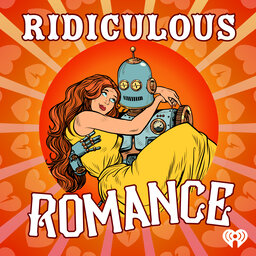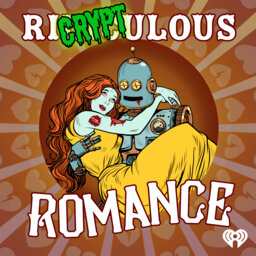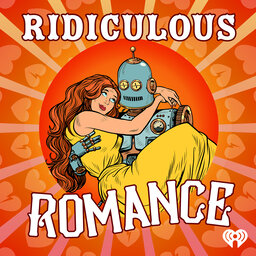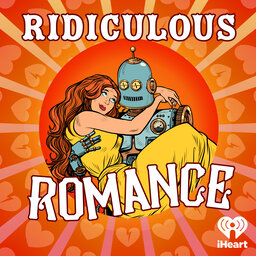Pauli joined a law firm where she inspired a young Ruth Bader Ginsburg to change the country. But there she also met her "closest friend" Irene Barlow, widely accepted to be the love of her life. Continuing to kick down doors and fight for intersectional civil rights, Dr. Murray also added Poet and Reverend to her many titles! And her work continues to impact legislation even today.
Learn more about your ad-choices at https://www.iheartpodcastnetwork.com
In 1 playlist(s)
Ridiculous Romance
Throughout time and across the globe, from the Stone Age to the Digital Age, people have been having…Social links
Follow podcast
Recent clips

You Hate To See Us Leave But Love To Watch Us Go
1:09:26

Queen Victoria’s Spooky Seance for Prince Albert
1:10:54

Climax Change: Annie Sprinkle, Beth Stephens, and Ecosexuality
1:14:50
 Ridiculous Romance
Ridiculous Romance